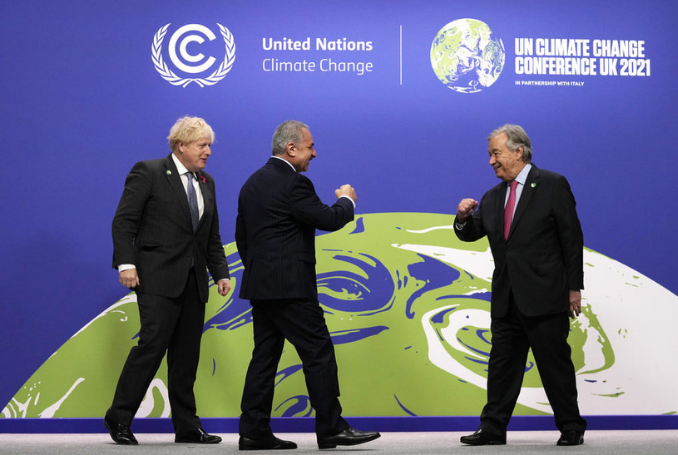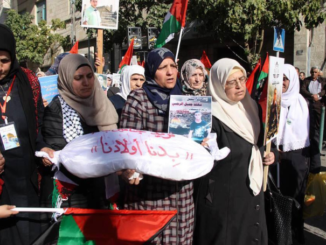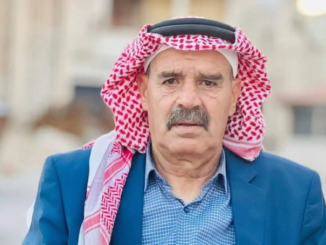
Palestinian Authority Prime Minister Mohammed Shtayyeh highlighted the negative impact of the Israeli occupation on the Palestinian environment in a tweet, upon his arrival at the Glasgow Climate Summit on Monday.
“With leaders from across the world, we’ll explore avenues of mutual cooperation to protect our precious planet,” Shtayyeh said, adding, “We’re here today to tell the world that the Israeli occupation is the most critical long-term threat to the Palestinian environment.”
Just arrived in #COP26Glasgow. With leaders from across the world, we'll explore avenues of mutual cooperation to protect our precious planet. We're here today to tell the world that the Israeli occupation is the most critical long-term threat to the Palestinian environment. pic.twitter.com/xdhGQFd6UB
— Dr. Mohammad Shtayyeh د. محمد اشتية (@DrShtayyeh) November 1, 2021
Since its establishment atop the ruins of Palestinian towns and villages in 1948, Israel has carried out policies with catastrophic impact on Palestinian nature and environment.
Illegal Jewish settlements in the occupied West Bank are built on confiscated Palestinian agricultural and grazing land. Aside from consuming huge amounts of the already depleted Palestinian water resources, illegal Jewish settlers generate around 145,000 tons of domestic waste on a daily basis, according to a study conducted by the Environment Office of the Israeli Civil Administration in the West Bank.
Moreover, Israel is responsible for the routine destruction and uprooting of Palestinian trees. Nazeh Fkhaida, director of the Palestinian Agricultural Damage Documentation Department, told Anadolu News Agency in December 2020 that “Israeli settlers have uprooted, burned down and chemically poisoned 101,988 olive trees” from 2010 to 2020. Moreover, for the construction of Israel’s Apartheid Wall, tens of thousands of olive trees were uprooted by Israeli bulldozers.
War on nature: How Zionist colonialism has destroyed the environment in Palestine
by Ramzy Baroud @RamzyBaroudhttps://t.co/IoFOl19GEu#INDIGENOUS #TAIRP pic.twitter.com/8GJoz9X0Xa— Indigenous (@AmericanIndian8) April 15, 2019
In the besieged and impoverished Gaza Strip, the Israeli army regularly sprays herbicide close to the fence separating it from Israel.
In addition, the water crisis in Gaza is a problem of appalling proportions. The main reason is that “water treatment plants are not operational; they were targeted in the 2014 Israeli assault on the Strip and were never rebuilt because the Israeli siege does not allow for construction materials and spare parts to be brought in,” as Palestine Chronicle editors Ramzy Baroud and Romana Rubeo wrote in a recent article.
(The Palestine Chronicle)








